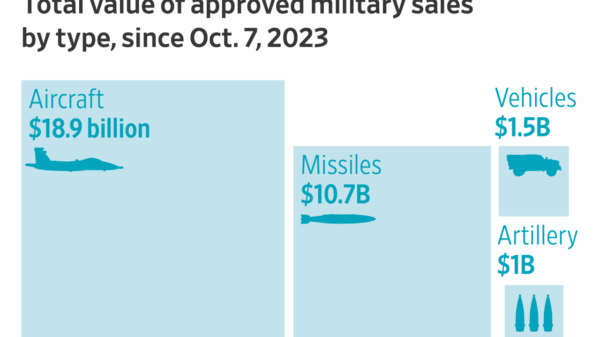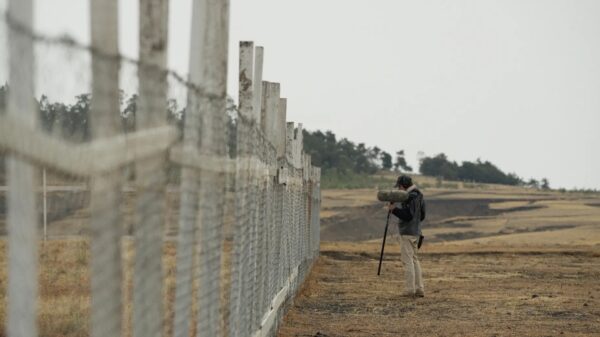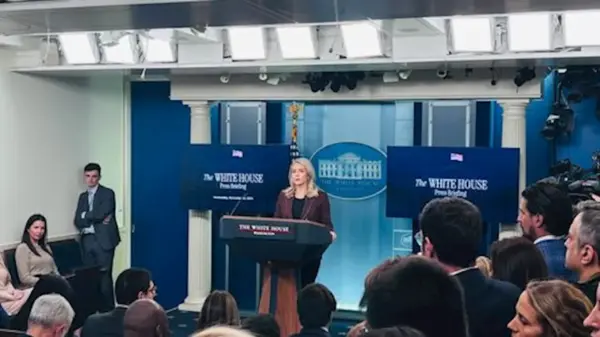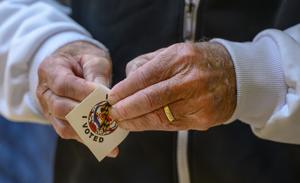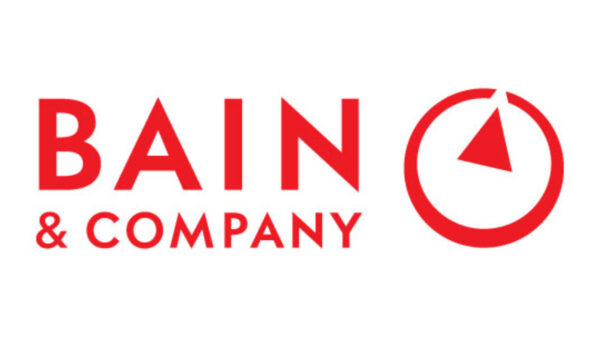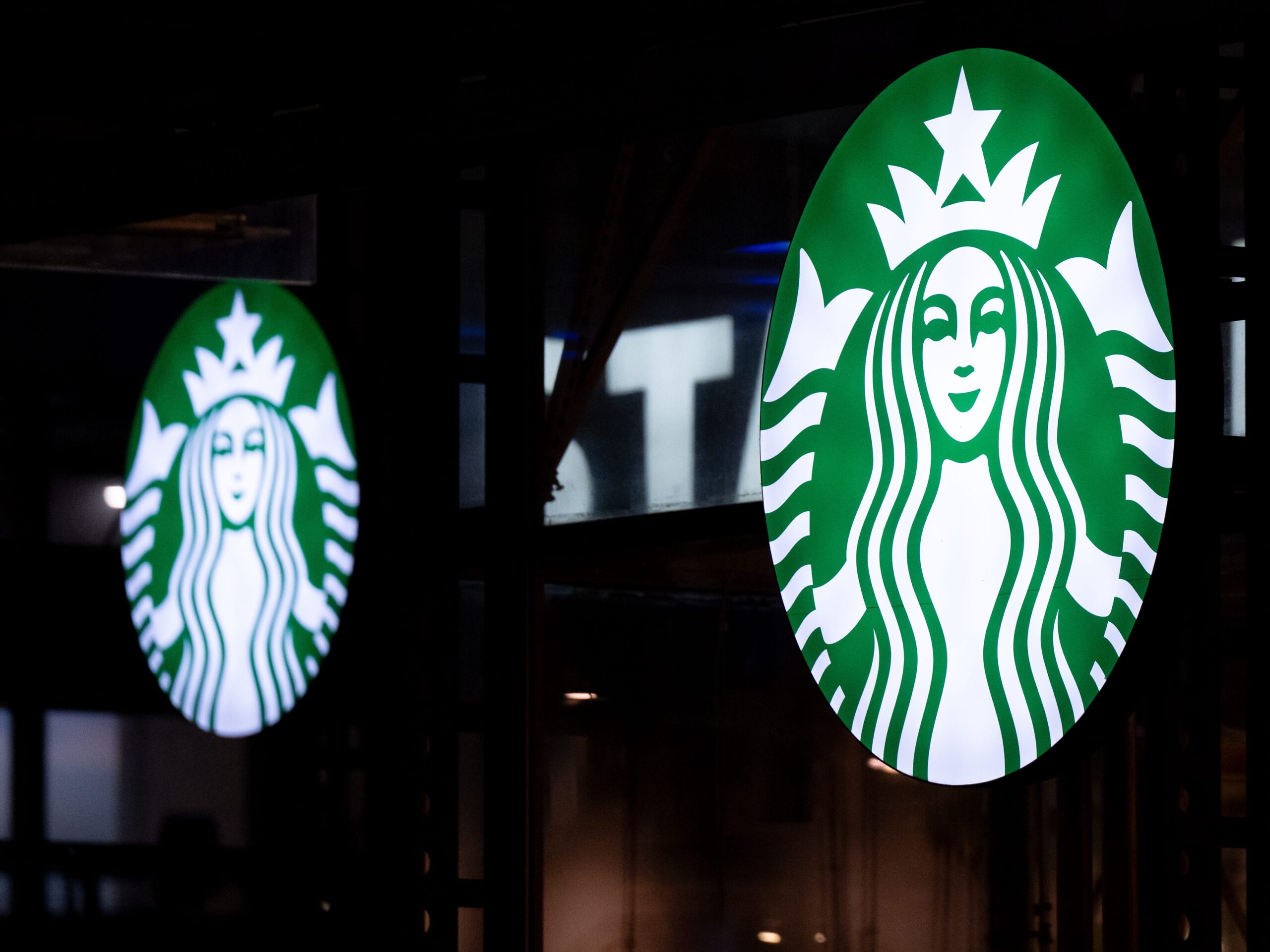UPDATE: Starbucks CEO Brian Niccol has just announced a controversial increase in the company’s return-to-office (RTO) policy, now requiring employees to be in the office four days a week instead of three. This decision, revealed on October 16, 2023, has ignited significant unrest among corporate workers at Starbucks’ headquarters in Seattle.
Employees are voicing their concerns over the erosion of the company’s cherished “people-first” culture. A flyer from a group named “Partners for the Preservation of Starbucks Culture, Mission, and Values” was posted in corporate elevators, criticizing Niccol’s leadership and the recent RTO mandate. The flyer states, “Getting ‘Back to Starbucks’ isn’t just about comfy chairs. It’s about our Culture, Values, Mission, and how we treat people and the environment. This is the wrong direction. Please stop.”
In a firm message to corporate employees, Niccol emphasized that those who do not comply with the new RTO requirement may need to reconsider their employment. Some team leaders have already been mandated to relocate to Seattle or Toronto, creating additional pressure on employees. Internal communications indicate that Starbucks is offering voluntary buyout packages ranging from $20,000 to $100,000 for those considering leaving.
Four Starbucks corporate employees expressed their fears that this strict RTO policy could dismantle the “partner-first” culture. One employee, who has worked for the company for nearly 20 years, noted a growing disconnect between the company’s public persona and its internal realities. “I think for those of us who have been around for a while, we see a culture shift happening in the organization,” they told Business Insider.
The backlash intensified as many employees took to social media to share their concerns. Kristina Lawson, a program manager with over 18 years at Starbucks, posted on LinkedIn that the change forced her to consider other job opportunities. Her statement reflects a broader sentiment among employees feeling cornered by the new policy.
Starbucks is not alone in its return-to-office struggles; many corporations, including Amazon and Zoom, are grappling with similar mandates. While some companies are incentivizing in-office work with perks, others, like Starbucks, are facing backlash for perceived authoritarian measures. Critics suggest that these RTO orders may be an indirect strategy to encourage voluntary resignations, allowing the company to avoid severance costs.
“We are reestablishing our in-office culture because we do our best work when we’re together,” Niccol stated. He further remarked that the company is in the midst of a “Back to Starbucks” revitalization initiative aimed at improving sales and customer experience.
Starbucks has previously faced criticism for its corporate culture, especially after the 1,100 layoffs in February. As Niccol pushes forward with significant changes, employees worry about losing passionate colleagues who possess critical skills. “There are some remote partners that have niche knowledge and skills that will leave massive Kool-Aid man-sized holes in the wall if they decide to take the exit payment,” one employee warned.
As this story develops, Starbucks employees are closely monitoring how these changes will impact their workplace culture and overall job security. The situation remains fluid, with many employees seeking clarity and support as they navigate these new demands from corporate leadership.
Stay tuned for updates on this unfolding situation affecting Starbucks and its employees.









